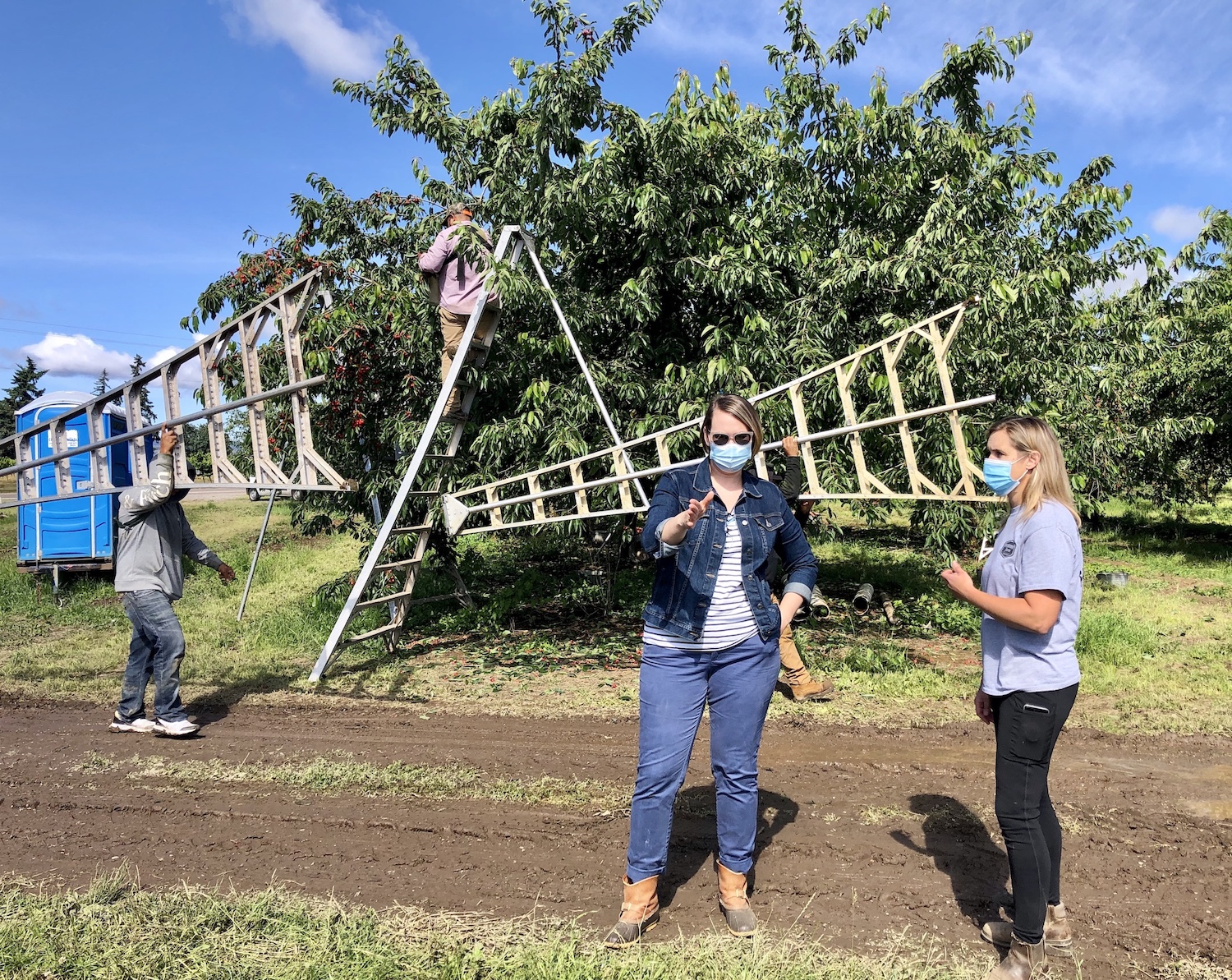Following further information about the Omicron variant of COVID-19, the Centers for Disease Control and Prevention issued a statement on Monday, Dec. 27, shortening the recommended isolation period for the public. The isolation period for individuals infected with COVID-19 was shortened to five days, followed by an additional five days of mask-wearing when around others if they are asymptomatic or recovering from symptoms.
The CDC also stated that individuals who have received a booster shot do not need to quarantined following an exposure, but they should wear a mask for 10 days after. Despite the CDC recommending that infected or exposed individuals only have to wear a mask for 10 days after exposure or the onset of symptoms, there are still 11 U.S. states with a mask mandate in place.
These CDC guidelines were only the most recent updates in the constant shifts regarding COVID-19 and how public health officials suggest the public respond to the pandemic and infection or exposure. Rolling out these updated guidelines has drawn criticism from the American Medical Association, who pointed out that about 31% of people “remain infectious five days after a positive COVID-19 test.”
It is no surprise that reducing the isolation period may seem counterproductive considering that, on Jan. 4, the U.S. reported nearly one million new cases, setting a global record as well as almost doubling the previous U.S. peak, as reported by Reuters.
This surge in cases has caused massive interference in the flight industry, causing a surge of cancellations. International travel into the U.S. requires a negative COVID-19 viral test taken one day before the flight, though different countries have different guidelines and requirements regarding international travel.
For instance, Canada requires travelers entering the country to be fully vaccinated with at least 14 full days having passed since receiving the second dose, according to the Canadian government’s most recent travel advisory. All air and land travelers entering Canada are subject to random selection for a mandatory arrival test. While waiting for the arrival test, travelers are required to quarantine until receiving a negative result. If the test result is positive, then they must isolate for another 10 days.
Similar to the CDC’s reduction of the isolation period for individuals infected with COVID-19, the United Kingdom has loosened their travel restrictions by dismissing the requirement of vaccinated travelers providing a pre-departure negative test, as reported by Forbes. This change in policy resulted in a surge of international travel bookings to and from the UK. The policy has since been adopted by Northern Ireland, Scotland and Wales. Vaccinated travelers are also no longer required to self-isolate on their return. Unvaccinated travelers still have to provide a pre-departure test and are required to enter self-isolation upon their return.
Germany has lifted the entry ban on UK travelers approximately two weeks after classifying the UK as “an area of variants of concern” and instating the ban, according to Forbes. Fully-vaccinated travelers from the UK are now allowed to enter Germany for any reason without needing to quarantine; non-fully vaccinated individuals are subject to a 10-day quarantine upon arrival in Germany. UK travelers will be subjected to more stringent requirements with only children under the age of five not required to provide a negative RT-PCR test to enter Germany from the UK.
Meanwhile, the Indian government’s latest travel restriction update requires that all travelers quarantine at home for seven days and take a RT-PCR test on the eighth day after arriving in India, as reported by Forbes. All travelers are required to submit a self-declaration form with their information on the online Air Suvidha portal along with a negative COVID-19 RT-PCR which was taken at most 72 hours prior to their departure. Only passengers who completed the form and submitted a negative test result will be allowed to board by airlines. Passengers must then go through a thermal screening before being allowed to board the flight. They will also go through thermal screening upon arrival, and if showing symptoms, they will be immediately isolated and taken to a medical facility.
Individuals from the U.S. were allowed to resume travel to India on Nov. 15, but only if they were issued a tourist visa after Oct. 6. Regularly scheduled international flights between the UK and India remain suspended, aside from a limited number of flights allowed to operate between the UK and India under a bilateral agreement between the two nations. Individuals showing symptoms will not be allowed to travel.





